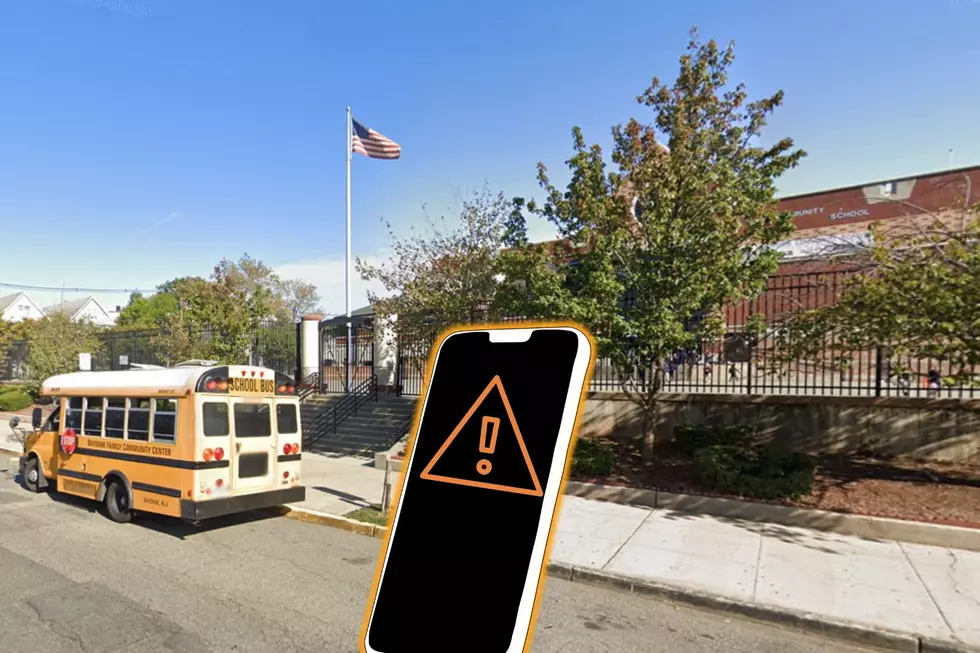
CDC: Zika infections confirmed in 9 pregnant women in US
The government says Zika infections have been confirmed in nine pregnant women in the United States.
All got the virus overseas. Three babies have been born, one with a brain defect.
The Centers for Disease Control and Prevention said Friday that it is also investigating 10 additional reports of pregnant travelers with Zika.
The Zika virus -- spread mainly by mosquito bites -- is epidemic in Latin America and the Caribbean. The virus causes mild illness or no symptoms in most people. But in Brazil, officials are investigating a possible link to babies born with unusually small heads, a rare birth defect called microcephaly that can signal underlying brain damage.
Since August, the CDC said it has tested 257 pregnant women for Zika; eight were positive and a state lab confirmed a ninth.
Two pregnancies ended in miscarriage, but it's not clear if the Zika infection was the cause. Two women had abortions. Two are continuing without reported complications.
In its report Friday, the CDC did not give the women's hometowns; state health officials have said there were two pregnant women with Zika in Illinois, three in Florida and one in Hawaii, who gave birth to a baby with microcephaly. That mother had lived in Brazil early in her pregnancy.
The health agency said the nine women had all traveled to places with Zika outbreaks -- American Samoa, Brazil, El Salvador, Guatemala, Haiti, Honduras, Mexico, Puerto Rico and Samoa.
Those destinations are among the 30 places now on the CDC's Zika travel alert. It recommends that pregnant women postpone trips to those areas.
While the link between Zika and the birth defect has not been confirmed, the possibility has prompted health officials to take cautionary steps to protect fetuses. Research is also underway into a possible link between Zika and a paralyzing condition in adults called Guillain-Barre.
The CDC recommends that all travelers use insect repellent while in Zika outbreak areas, and continue to use it for three weeks after travel in case they might be infected but not sick. That's to prevent mosquitoes from biting them and possibly spreading Zika to others in the U.S.
So far, more than 80 Zika infections have been diagnosed in the U.S., and all have involved people who traveled to outbreak regions.
(Copyright 2016 The Associated Press. All rights reserved. This material may not be published, broadcast, rewritten or redistributed.)
More From New Jersey 101.5 FM









